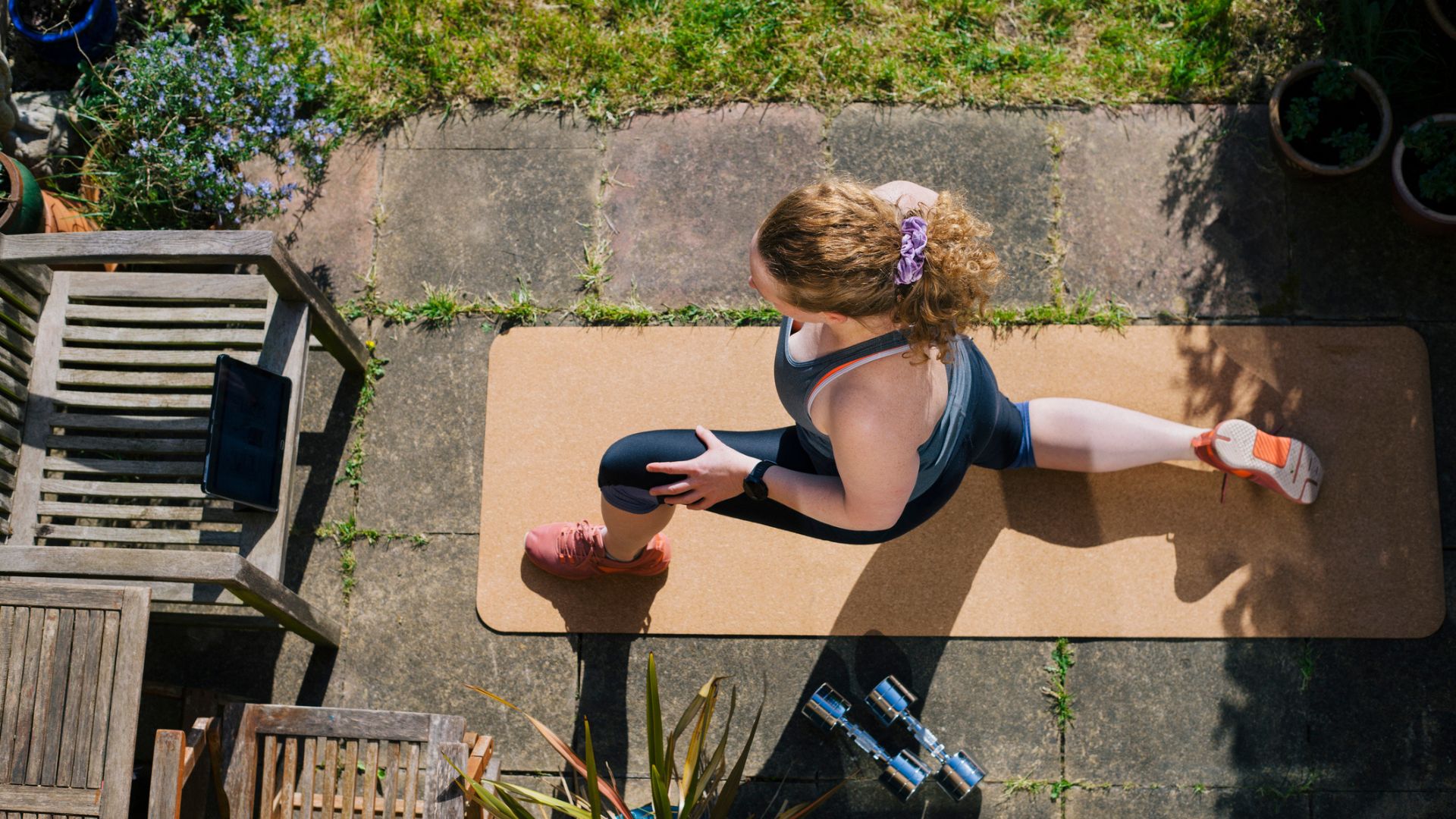Combine omega-3 with two simple things and slow biological ageing by 4 months, new study says
We've known about omega-3's health benefits for years - but researchers might have just added another one to the list


The noise around supplements - what to take and the best way to take it - is loud at this time of year. But could a supplement you might already be taking, combined with a couple of simple lifestyle changes, actually lower your biological age alongside its other benefits? A new study seems to think so.
We've always known that omega-3 plays an important role in heart, joint, brain, and skin health - but now, new research has shown it could be key to lowering your biological age as well.
The research, published in Nature Aging and led by the University of Zurich, looked at the chemical markers on DNA (known as 'epigenetic clocks') of almost 800 people between 70 and 91. They looked at changes in these markers over three years to see if supplementing with omega-3 could impact how quickly cells age.
The participants were divided into eight groups. Each group received a different combination of omega-3, placebo pills, and/or two very simple things: vitamin D supplementation and/or a regular exercise regime.
After results showed those who took an omega-3 supplement had signs of slower biological ageing adding up to three months, Heike Bischoff-Ferrari from the Department of Geriatrics and Ageing Research at the University of Zurich said: "This is the biggest trial we have today that hints that a simple supplement contributes to slowing biological ageing."
When the omega-3 supplements were combined with vitamin D supplements and regular exercise in another group, results showed an even slower rate of biological ageing, working out to nearly four months.
"Omega-3 plays on multiple pathways of ageing, such as being anti-inflammatory. Similarly, vitamin D and exercise have multiple benefits," Bischoff-Ferrari said. "We thought, if you play on each of these differential pathways, do you get an additive benefit?" It turns out so.
Sign up to our free daily email for the latest royal and entertainment news, interesting opinion, expert advice on styling and beauty trends, and no-nonsense guides to the health and wellness questions you want answered.
While the differences are small (we're looking at a few extra months, rather than years here), four months could be everything to some people. With further research, other conclusions may also be made about the positive effect of omega-3 on the biological age of younger people, including those in their 40s, 50s, and 60s.
“While the effects may appear small with three to four months rejuvenation of biological age in three years, if sustained, they may have relevant effects on population health," said the scientist.
The trial volunteers took a gram of marine algae-based omega-3 or 2,000 international units of vitamin D or performed 30 minutes of strength training exercise three times a week, or a combination of all these.

Strength training includes any exercise that uses resistance, including body weight.
Like all scientific research, it's important to dive into the smaller details of this study. This study doesn't just suggest that people may live longer with better omega-3 and vitamin D intake and more exercise, their quality of life will be better as well, says Dr Harry Jarrett, the head of science and research at Heights.
"The authors reported that the effect of Omega-3 fatty acids led to a significant three-month reduction in biological ageing compared to placebo. Previous studies have also reported that omega-3 supplementation helped reduce the rate of falls by 10% over three years, suggesting improved quality of life in addition to a reduced rate of ageing," he tells woman&home.
It's important to take all scientific research in context and speak to your doctor before trying anything new - most of the participants in this study were already relatively healthy and active and an omega-3 supplement isn't suitable for everyone. But, it's clear adding an omega-3 supplement could be a good idea for some people.
Equally, taking up some form of strength training (whether it's a dumbbell workout for beginners or a full-body Pilates workout for half an hour) and supplementing with vitamin D, if appropriate for you, could make a positive difference.
What is omega-3?
Omega-3 fatty acids are commonly known as "healthy fats" and are found in foods like fish, nuts, seeds, fruits like avocado and berries, and seaweed. They have been linked to better heart, joint, brain, skin, and hair health.
"There are several different types with the three most commonly researched being docosahexaenoic acid (DHA) and eicosapentaenoic acid (EPA), which are found in fish and seafood, and alpha-linolenic acid (ALA), which is typically found in plant-based foods like flaxseed oil," says Dr Jarrett.
"They play fundamental roles throughout the human body but we can't produce them ourselves, so it's crucial we consume them through our diet and if required, supplementation," he says.
As noted, always speak to your doctor before taking any new supplements or dramatically changing your diet.

Grace Walsh is woman&home's Health Channel Editor, working across the areas of fitness, nutrition, sleep, mental health, relationships, and sex. She is also a qualified fitness instructor.
A digital journalist with over seven years experience as a writer and editor for UK publications, Grace has covered (almost) everything in the world of health and wellbeing with bylines in Cosmopolitan, Red, The i Paper, GoodtoKnow, and more.